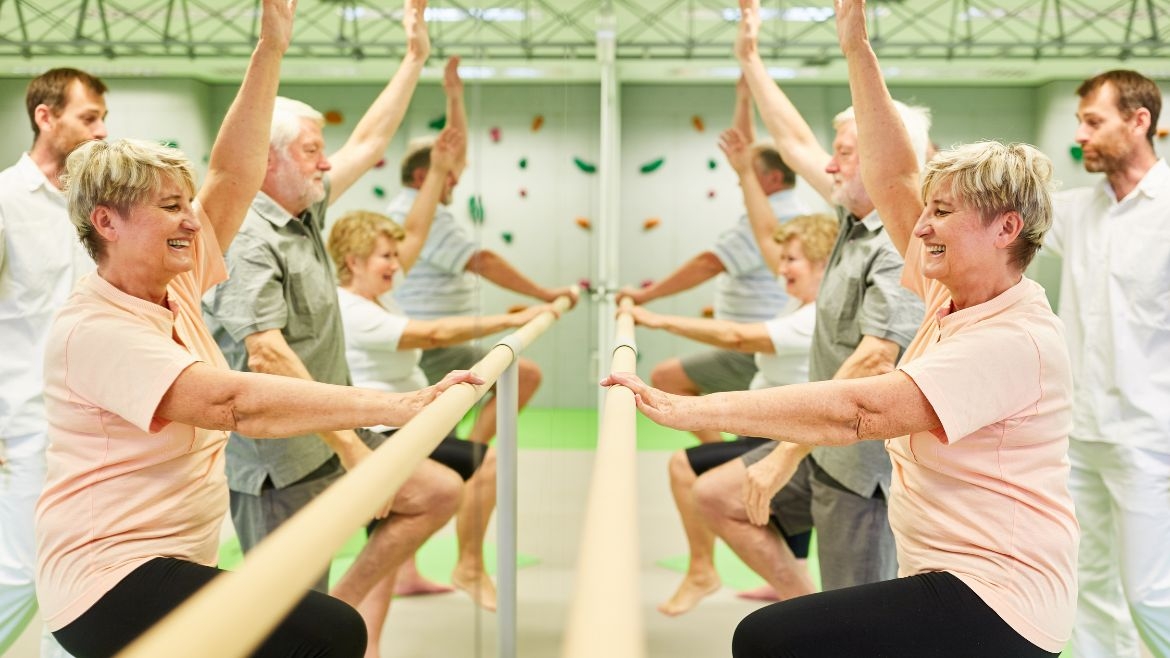Finding Motivation and Setting Goals in Skilled Nursing Rehab: A Guide for Patients and Families
Skilled nursing rehab can be a challenging experience, both physically and emotionally. Patients may feel overwhelmed or discouraged by the obstacles they face on their road to recovery. However, finding motivation and setting goals can make a world of difference. In this blog, we’ll discuss the importance of motivation and goal-setting in skilled nursing rehab, and offer tips for patients and families.
Motivation is the driving force that helps us achieve our goals. Without motivation, it can be difficult to stay committed to the hard work required in rehab. But where does motivation come from? For some, it may be a desire to return to their normal routine or to be able to participate in activities they enjoy. For others, it may be a desire to be independent and self-sufficient again. Whatever the motivation, it’s important to identify it and use it to stay focused and determined.
Once motivation is established, it’s time to set specific and achievable goals. Goals give us direction and purpose, and provide a roadmap for success. They can be big or small, short-term or long-term, but they should always be specific and measurable. For example, a short-term goal might be to walk 50 feet with the assistance of a walker, while a long-term goal might be to be able to walk unassisted across a room.
Patients and families should work together to identify goals that are meaningful and achievable. Goals should be based on the patient’s abilities and limitations, as well as their desires and preferences. It’s important to remember that goals can change as the patient progresses, so it’s important to revisit them regularly and make adjustments as necessary.
Once goals are established, it’s important to break them down into smaller, manageable steps. This makes the goals less overwhelming and helps patients see progress along the way. It’s also important to celebrate successes along the way, no matter how small they may seem. Recognizing progress can help boost motivation and provide the drive needed to continue moving forward.
Along with motivation and goal-setting, there are several other ways patients and families can stay focused and engaged during skilled nursing rehab. Engaging in activities and social events can provide a sense of purpose and help patients stay connected with others. It’s important to find activities that are enjoyable and suited to the patient’s abilities and interests. Staff members can help patients find activities and events that are right for them.
In addition to activities, it’s important to stay informed and involved in the patient’s care. Patients and families should ask questions, provide feedback, and work collaboratively with staff members to ensure the best possible care. This can also help patients feel empowered and involved in their own care.
Finally, it’s important to stay positive and maintain a sense of hope. Recovery is a journey, and it’s important to focus on progress rather than setbacks. Encouragement and support from family, friends, and staff members can go a long way in boosting motivation and maintaining a positive outlook.
In conclusion, finding motivation and setting goals are essential components of skilled nursing rehab. By identifying what motivates them and setting specific and achievable goals, patients can stay focused and determined on their journey to recovery. Patients and families should work together to establish goals and celebrate successes along the way. Engaging in activities, staying informed and involved in care, and maintaining a positive outlook can also help patients stay motivated and engaged in their own care. With hard work, determination, and support, patients can achieve their goals and return to the activities they love.

